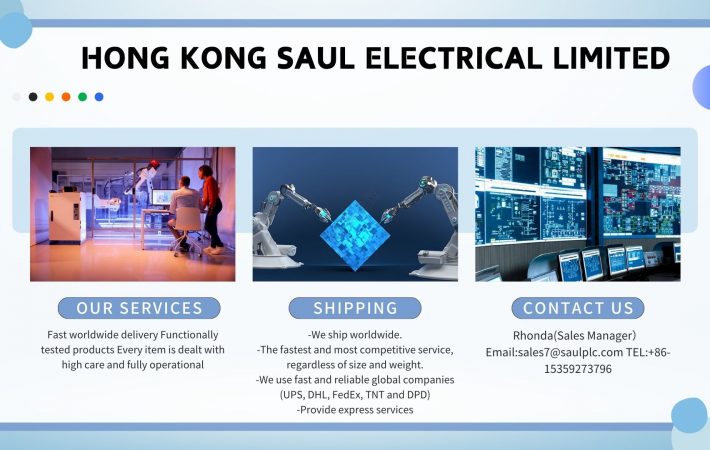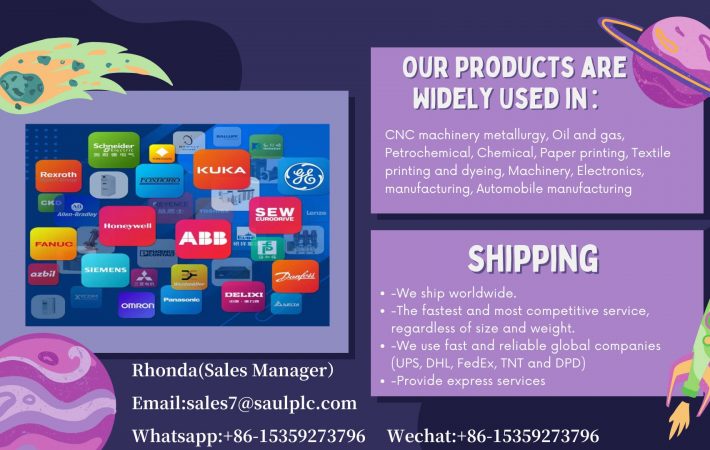1. International collaborative innovation drives breakthroughs in robotics technology and jointly overcomes global challenges
2. The integration and development of artificial intelligence and robotics industry opens a new chapter in the era of intelligence
3. ABB’s cutting-edge robot products debut at conference, exploring new scenarios for “robot+” applications
The 2024 World Robot Conference will be held from August 21st to 25th at the Beijing Economic and Technological Development Zone Beiren Yichuang International Convention and Exhibition Center. The conference, with the theme of “Cultivating New Quality Productivity and Sharing Intelligent New Future”, focuses on three major areas of industrial development, collaborative innovation, and technological innovation, exploring the new changes and opportunities faced by the global robotics industry, and sharing how diverse application scenarios can continuously promote global economic development and social prosperity.
Gu Chunyuan, Chairman of ABB China, Marina Bill, President of the International Federation of Robotics, Global Head of Marketing and Sales for ABB Robotics Business Unit and Global Head of Digital Empowerment Center, and Han Chen, President of ABB Robotics Business Unit China, attended the conference and delivered speeches.
Marina Bill delivered a speech at the opening ceremony of the conference and delivered a keynote speech on the current status, trends, and prospects of the global robotics market at the main forum. She pointed out, “In recent years, robot technology, with its unique charm and enormous potential, is reshaping our world. From industrial production to healthcare, from household services to emergency rescue, robots have become an indispensable part of human society.”
“The global robot market continues to grow strongly, and by 2023, the total number of robots worldwide has exceeded 4 million. This number is not only a powerful proof of the rapid development of robot technology, but also heralds the arrival of a new era of intelligence. The deep integration of artificial intelligence, the Internet of Things, and 5G technology will endow robots with higher intelligence, flexibility, and efficiency.”
ABB China Chairman Gu Chunyuan, as a guest speaker at the main forum of the World Robot Conference, held a wonderful roundtable forum with leaders and experts from relevant industry organizations at home and abroad on the topic of global robot development and governance. He said, “The development of the global robotics industry has accumulated rich successful experience, but also faces many new challenges. Since the birth of robots, safety has been one of the cores of robot governance, and the entire industry has closely cooperated to establish sound global safety standards. Now, the continuous emergence of new technologies and applications, especially AI connecting robots with the physical world, has brought more severe challenges to robot governance. This requires us to attach great importance to it, continue to work together, and jointly explore effective solutions.
As a model of cutting-edge technology, robots are demonstrating higher intelligence and autonomy, and are increasingly becoming intelligent partners in our work and life. However, more importantly, the development of robots should benefit all countries and regions, bringing welfare to more people. The advancement of robot technology, cost reduction, and remote technical support have made many tasks that were once impossible a reality today.
ABB actively engages in international cooperation and extensive exploration and innovation in areas such as addressing global climate change, protecting biodiversity, ensuring food security, promoting industrial green transformation, and life sciences and new energy materials. For example, it collaborates with the international non-profit organization Junglekeepers to use YuMi robots and RobotStudio cloud technology to assist in the reconstruction of the Amazon rainforest; Using ocean recycled plastic to 3D print customized items, turning plastic pollution into new business opportunities; Support the creation of intelligent automated laboratories to accelerate the research and development of new drugs; Develop AI based automation solutions for laboratory cultivation of seafood products; Provide PixelPaint no overspray technology for electric vehicle production lines, achieving zero waste while improving efficiency.
The rapid development of artificial intelligence and robotics technology has also brought new opportunities to the fields of education and training. Guided programming and natural language processing have greatly lowered the threshold for programming, shifting the focus of education from simple programming skills to how to more efficiently utilize robots to assist human work. This transformation contributes to the popularization of robotics technology, alleviating labor and skill shortages while opening up new employment prospects. In recent years, ABB has continuously enriched its educational robot product line, extensively carried out school enterprise cooperation, and has been committed to supporting the cultivation of young scientific and technological innovation talents and skilled talents in China’s automation field through activities such as the ABB Cup Intelligent Technology Innovation Competition.
Han Chen, President of ABB Robotics China, focused on the current hot topic of artificial intelligence at the World Robot Conference main forum and delivered a keynote speech titled “ABB Robots Assist AI and Industry Integration”, showcasing ABB’s latest application achievements in the field of artificial intelligence and sharing in depth how to integrate AI into robots and automation products to help various industries further explore and unleash their value potential.
Han Chen stated that artificial intelligence is becoming an important driving force for the new round of technological revolution and industrial transformation, and will play a key role in the application of industrial automation in the future. Artificial intelligence endows robots with unprecedented speed, precision, and flexibility, enabling them to undertake more tasks in complex environments such as production factories, warehouses, logistics centers, and laboratories. At the same time, the autonomy and adaptability of robots have also been elevated to a new level, enabling more intelligent and efficient functions such as precise grasping, quality inspection, autonomous navigation in dynamic environments, and human-machine interaction through natural language commands.







Leave a comment
Your email address will not be published. Required fields are marked *